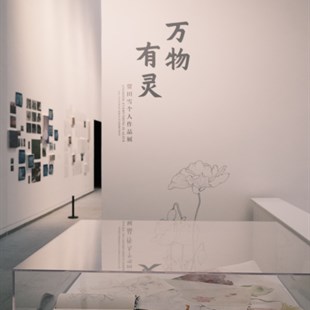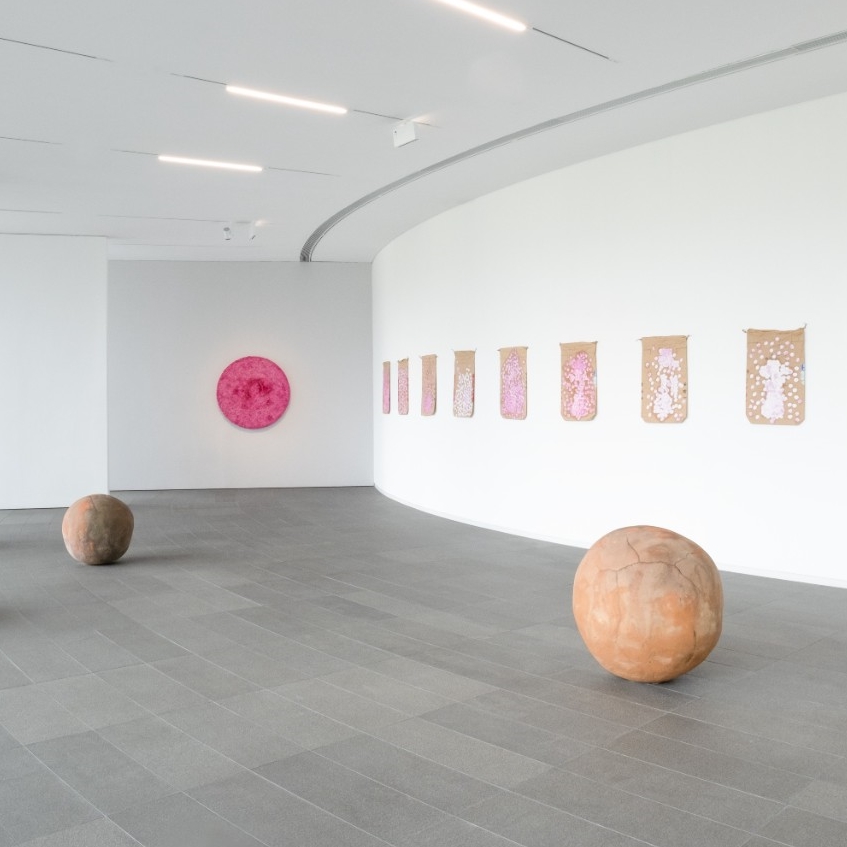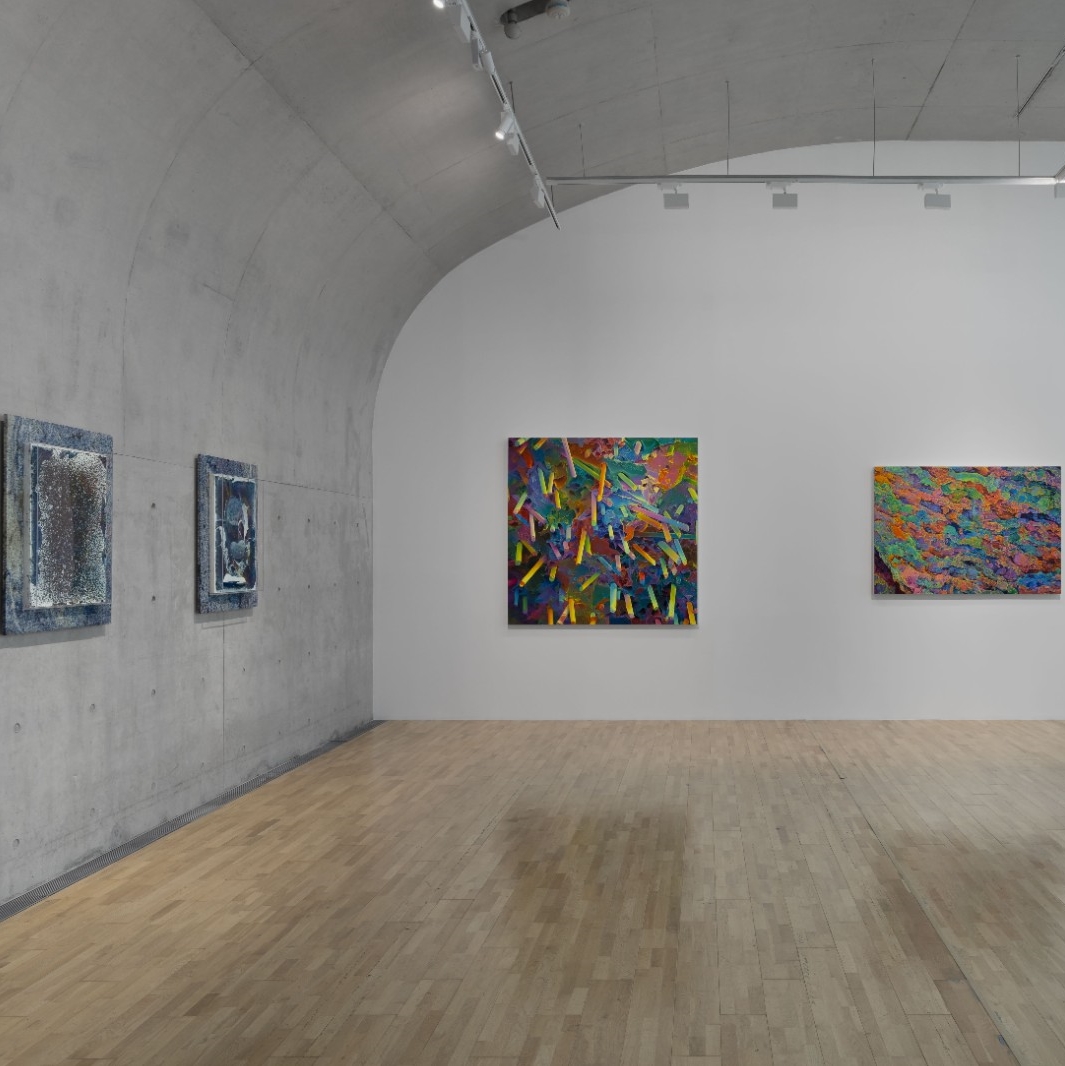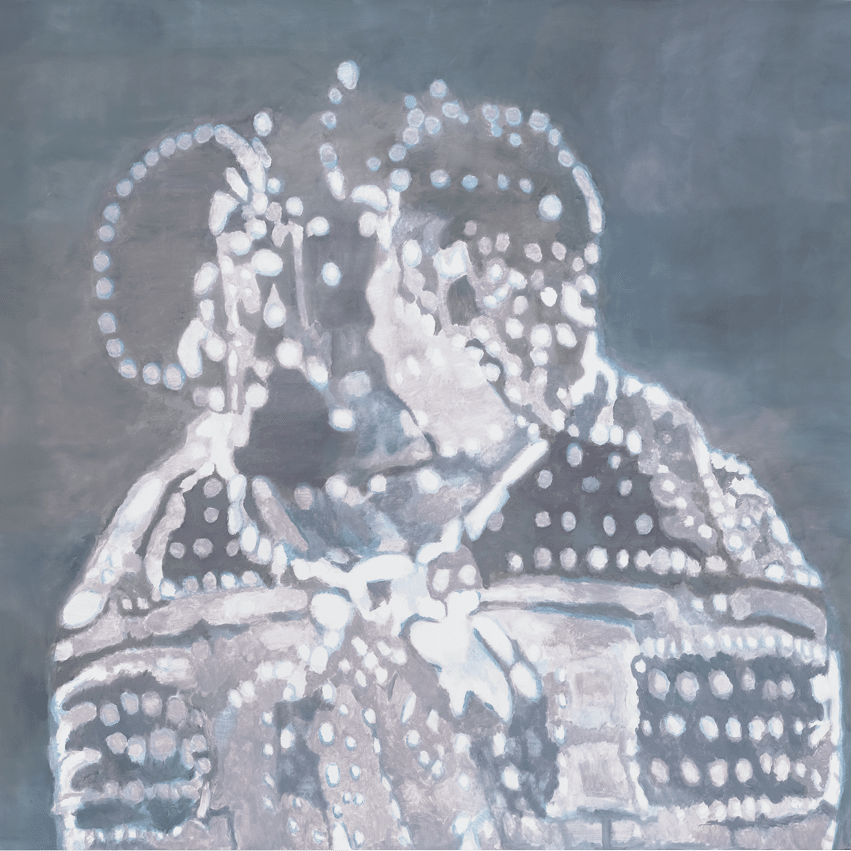Day without End
Days Without End. That night it rained. A soft mist enveloping the eerily empty streets. I walked to an event where a robot played music while experts gave speeches about climate change and the environment. I was due to fly the next day to co-chair a conference half a world away. I had just taught one of the last classes on campus as it was announced that evening that we would be teaching online classes from the next day. The gravity of C-19 was breaking in NYC. The roads the next day were full of people leaving the city for the countryside; the airport itself was near empty. Within the airport, the anxious conversation of passengers and the crew boarding the plane echoed throughout the hollow departure halls. We flew across the deep of the night, under the epic movements of celestial paths, and chasing the rising sun arrived in Australia at dawn. Not long after we landed quarantine was implemented, and in following days Australia entered lockdown. I had travelled the arc of the world to live a world inside a room. My relationship with the world abruptly became metered through phenomenological encounter with the passing traces of the world outside. alchemical light sun ‘paintings’ passing through time and space in the room; the increasing songs of birds holding the sun under their wings coupled with the decreasing frequency of the sounds of incoming planes. Each bird held the sun beneath their wings. The intensity of a life lived inside coexisting with the digital world of a life lived online, created a tension, a desire for meaning and connection between the lived reality of the experiential world and the memory of it. Days that haven’t ended.
Day Without End. Evoking elemental change, this film marks small events - visual and sound, as potential acts of immensity. The dual experience of knowing and not knowing the world. Made in direct response to the natural and built environment in age of precarity, this work registers states of change. The durational nature of water is itself an analogue of climate change. These durational ‘landscapes’ are fluid forms, extending into the unfathomable, and suggesting that the world is not a fixed experience. Rather that the world is a shape shifter revealed through time, culture, necessity and politics; profoundly and insistently human. An encounter between the intimate and the infinite, and our symbiotic relationship with the world where our actions and environment are entwined narratives; the unfolding eternity of being.
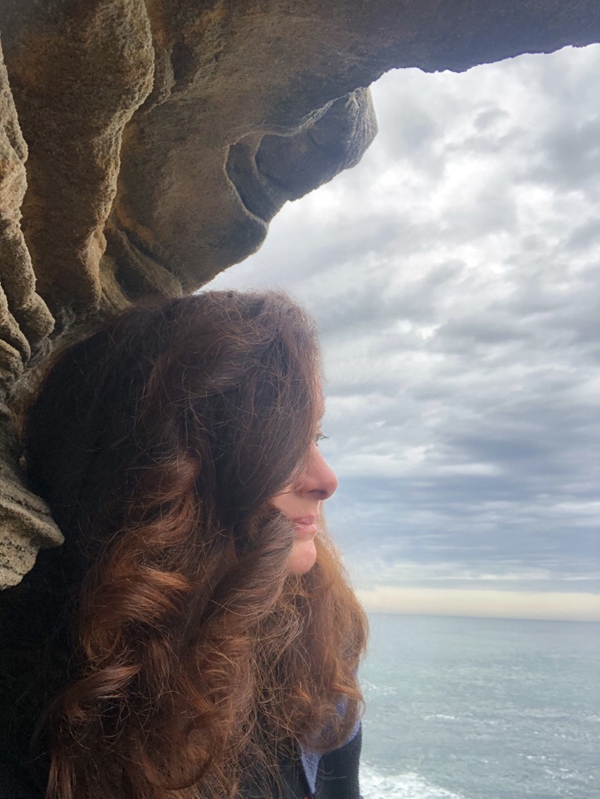
Professor Simone Douglas has over two decades of developing, testing and enabling ideas, across a broad range of critical and community contexts, and across some seven universities. Fundamental to Douglas’ work is the advocacy and advancement of art towards our collective future. At Parsons School of Design, The New School in NYC where she is tenured faculty, she was the director of the MFA Fine Arts program ahead of becoming a full professor. Douglas teaches master classes internationally.
Douglas has an extensive international career and her works have been curated into international survey exhibitions and published widely in journals and art anthologies. Her work incorporates installation, photography, sculpture, video and durational site specific works. One of her current active art works, Ice Boat, enacts a poetic sustainable-energy strategy born out of consultation with the community and is a cross- disciplinary endeavour with experts in fields beyond the arts. An engagement with cultural histories, land, and environmental responsibility, Ice Boat has been conceived to serve as a poetic symbol of reparation. This ongoing commitment to the engagement with environment, inter- cultural dialogue facilitation and art as a medium that can instigate change, is the backbone of Douglas’ larger agenda within her practice.
Image, Video and Text Courtesy of the Artist.
Edited by Sue and Emily/CAFA ART INFO


